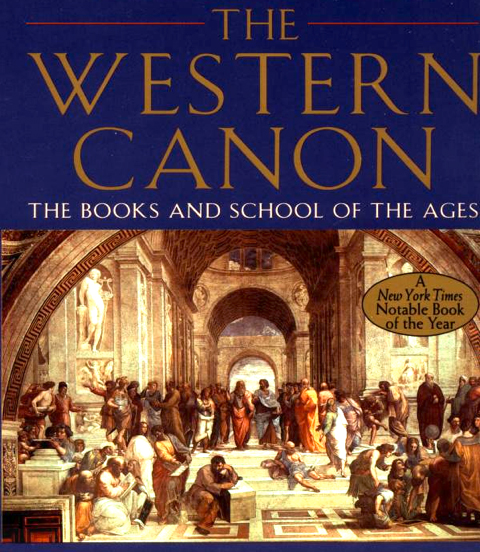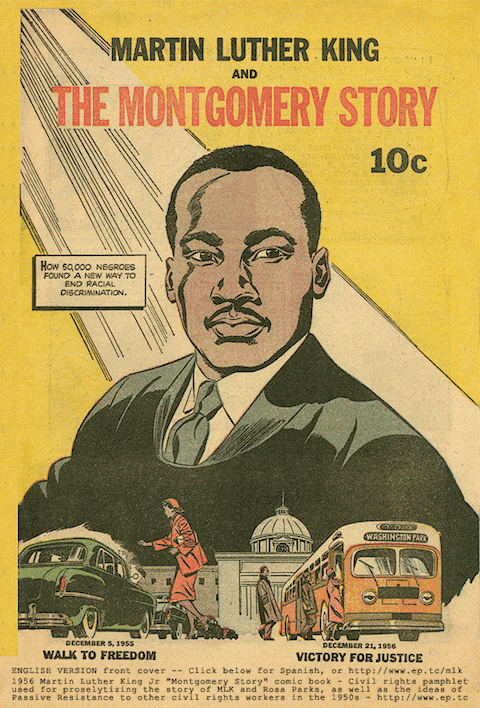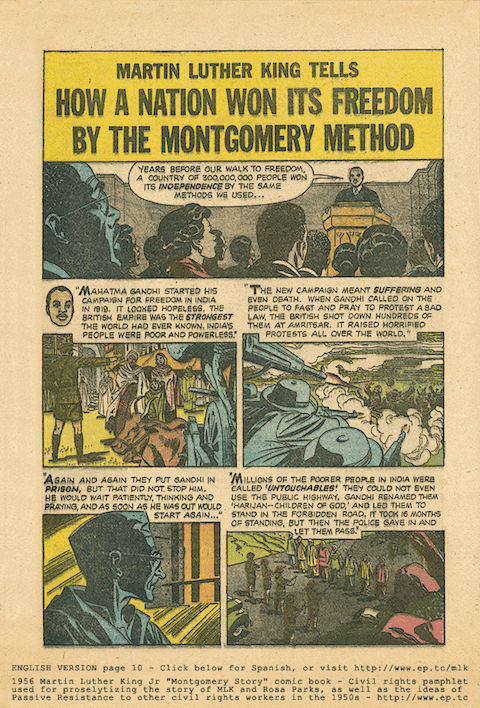It sounds like a cliché, but if I learned anything in grad school, it’s that I know very little. I apply the same insight to music. While I’ve played guitar—six string and bass—with some consistency for over twenty years, I’d be the first to say that my room for improvement is infinitely large, and I’m always keen to sit at the feet of a master and beg, borrow, or steal whatever I can. So when I discovered that Paul McCartney had an instructional video on Youtube I leapt at the chance to see what I could pick up.
Rightly renowned for his mastery of every rock instrument, McCartney plays nearly all the parts on most of his solo albums (and on many Beatles tracks as well). He does so on “Ever Present Past” from 2007’s Memory Almost Full, and he released tutorial videos for each part of the song as part of the promo for the album. In the video above, Sir Paul teaches the bass part, casual in jeans and t‑shirt and wielding his classic Hofner violin bass (“me little baby”). The overarching lesson? Keep it simple.
As McCartney says, the bass part is “really simple,” and gloriously so. While McCartney has written some very complex music, his playing style is on the whole very straightforward and melodic. On “Ever Present Past,” he plays mostly root notes on the bass, eschewing flourishes and “fiddly bits,” though he encourages you to add them if you wish. First, he shows us the notes on bass alone, and an inset in the video shows their position on the fretboard. Then, a full track comes in, and he plays along (hear the studio version in the official video above).
The tutorial was produced by “Now Play It,” a “new and exciting way to learn and play your favorite songs” by artists like KT Tunstall, Blondie, Coldplay, Radiohead, and many more, often with the original musicians as teachers. You’ll have to pay for most of the content on the site, though there are some nifty free previews. Unfortunately, it appears that the full “Ever Present Past” lesson—with McCartney teaching his drum and rhythm and lead guitar parts—is no longer available on the “Now Play It” site (you can see a teaser trailer here). But you can watch a snippet of the acoustic guitar lesson above. And if you’re eager to see more of McCartney’s range of instrumental skill, check out the clip below from a 1997 episode of Oprah in which he plays the song “Young Boy” from that year’s Flaming Pie, while projected on screens behind him are three more McCartneys on bass, drums, and lead guitar.
Related Content:
James Taylor Gives Free Acoustic Guitar Lessons Online
Learn to Play Instruments (and Also Some Music Theory) Online
“Hummingbird,” A New Form of Music Notation That’s Easier to Learn and Faster to Read
Josh Jones is a writer and musician based in Durham, NC. Follow him at @jdmagness







